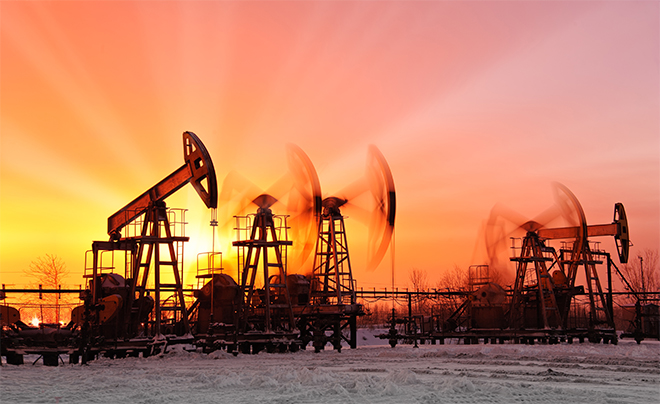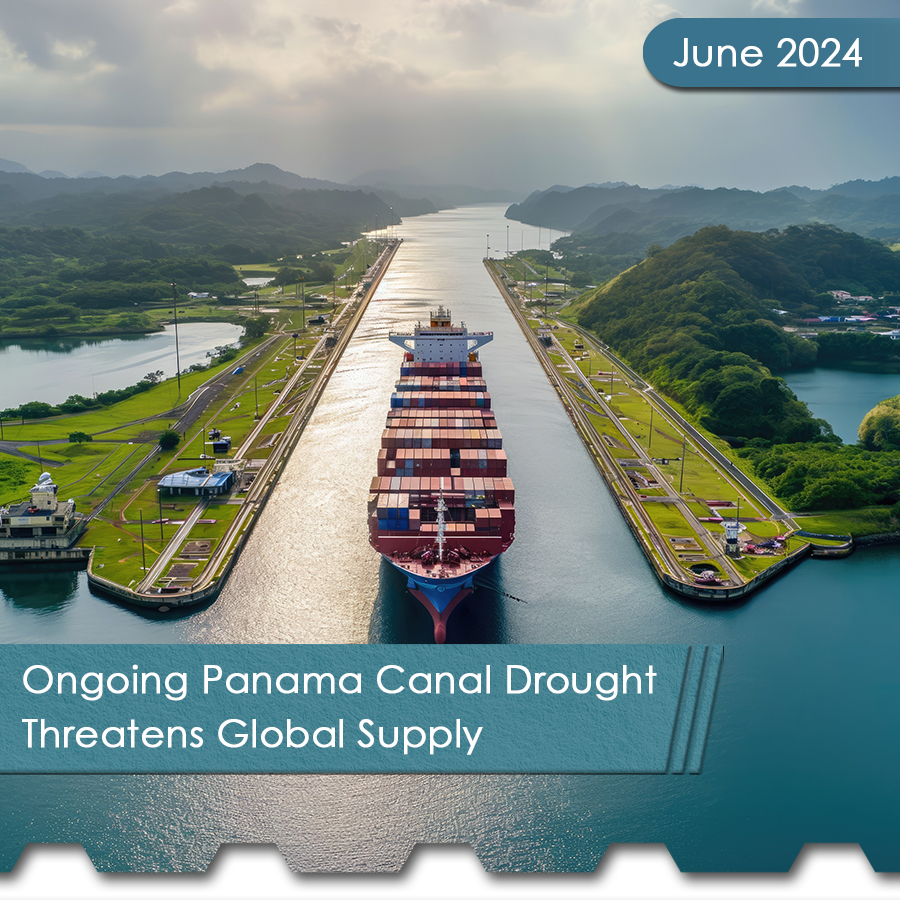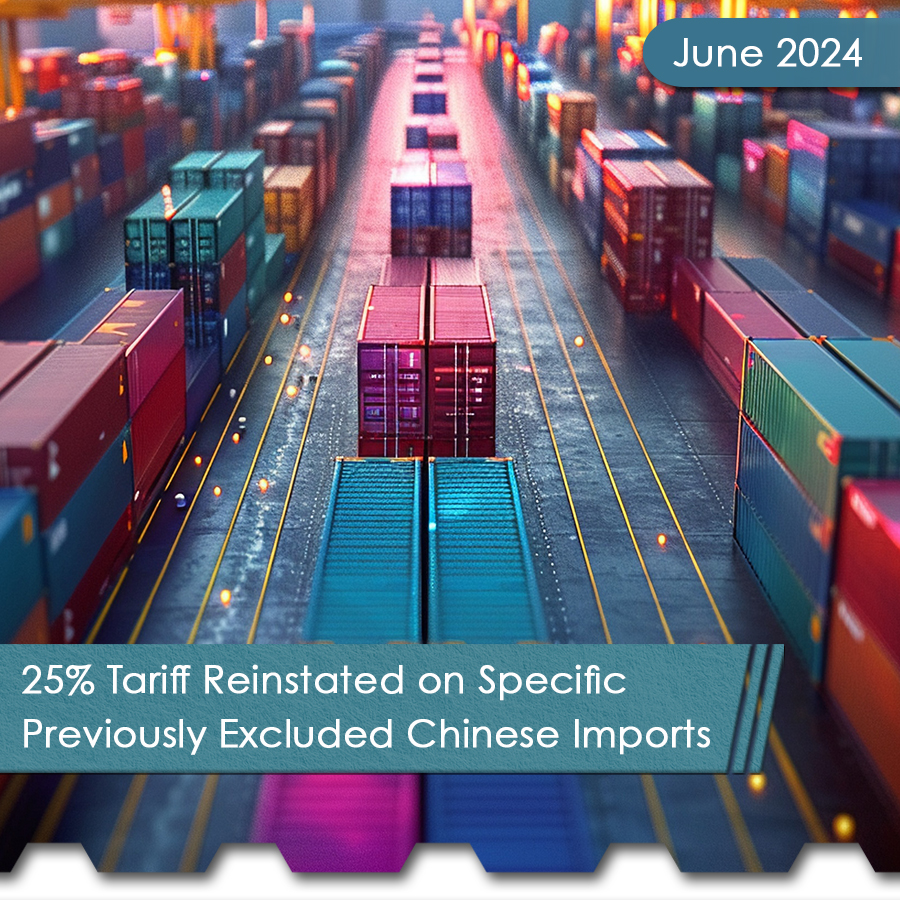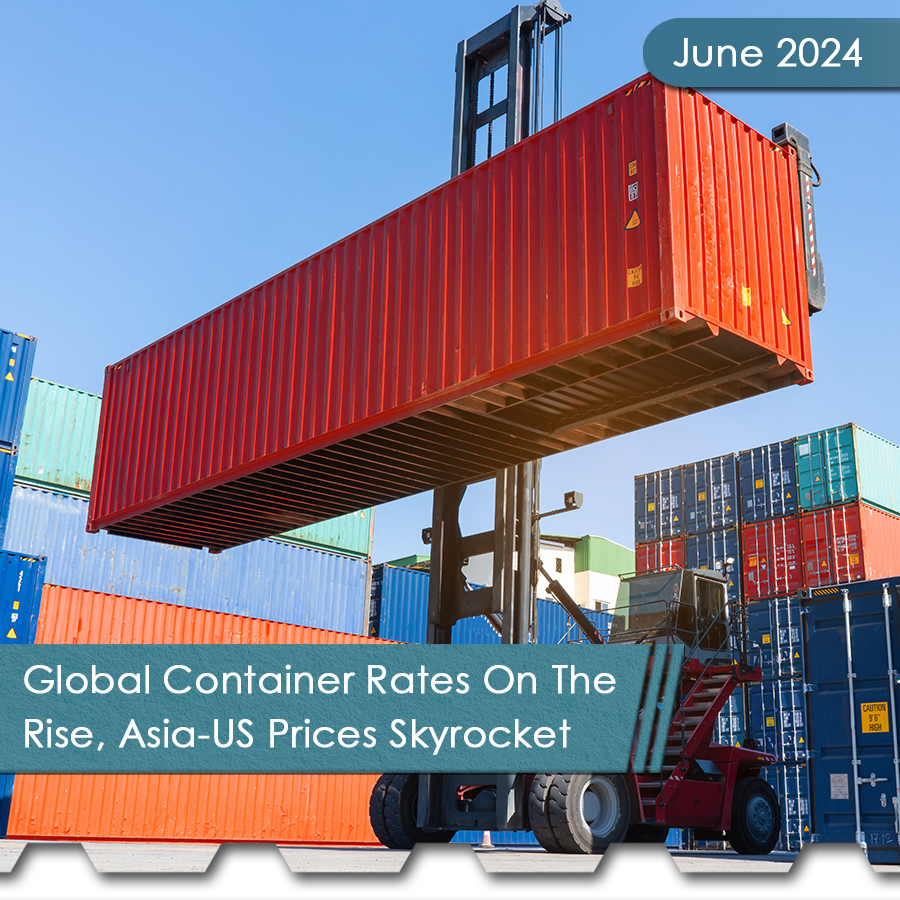
From an oil glut causing a possible bear market threatening to pop the U.S. oil bubble to Canadians circumventing Keystone XL, and China sitting on the world’s largest oil and gas reserve but helpless to extract so much as a profitable drop—shale oil & gas owns the forefront of every news outlet in the industrial world. According to the experts, big changes could be in the very near future.
Is Saudi Arabia Forcing a Bear Market for Oil?
Wall Street Daily writer Karim Rahemtulla thinks so. In an Oct. 8 article, he said that Saudi Arabia proved that actions speak louder than words.
With no explanation, the Saudis dramatically cut the price of oil they sell to the world market forcing oil prices below $90 a barrel. The Kingdom’s only source of revenue is oil, and the Saudi’s will do anything to protect their grip on the world market. They have no choice. It’s their only source of revenue. They could send the market into a tailspin.
According to Rahemtulla, there are three saving graces in this situation.
FULL ARTICLE
Sub–$90 Oil: Big Threat to U.S. Oil Drillers
Although demand is weakening, U.S. oil drillers keep producing record amounts of new oil, driving the price down, writer Isaac Arnsdorf reported in a Bloomberg article.
Ralph Eads, vice chairman and global head of energy investment banking at Jefferies LLC, which advised 38 percent of U.S. energy mergers and acquisitions this year, said in an Oct. 1 interview: “If prices go to $80 or lower, which I think is possible, then we are going to see a reduction in drilling activity.” He went on to say, “It will be uncharted territory.”
Although consumers at the pump are enjoying the early price cuts, the U.S. oil producing industry is watching production, demand, and price per barrel very closely.
FULL ARTICLE
Canadians Don’t Need Keystone—They Have Their Own Route
Sending Canadian oil from Alberta to the U.S. Gulf Coast via the Keystone XL pipeline was a great idea when America desperately wanted Canadian oil. Nonetheless, when it came time to build the pipeline, politics got sticky and the political battle pitting Nebraska farmers and environmentalists against the oil industry delayed the project for more than a decade.
The Canadians found a solution. Build a pipeline to the Pacific and ship their crude to oil thirsty Asia. Bloomberg writers Rebecca Penty, Hugo Miller, Andrew Mayeda and Edward Greenspon wrote a full report.
FULL ARTICLE
Windy Cove Energy to Develop CO2 Enhanced Oil Recovery Assets
A Penn Energy article on Windy Cove Energy, LLC announced that the company made a commitment to invest up to $700 million of equity to acquire and develop CO2 Enhanced Oil Recovery (EOR) assets in the U.S.
Chuck Fox, President and CEO of Windy Cove said, “I am delighted that Blackstone has chosen to partner with Windy Cove. More than 20 billion barrels of oil are estimated to be recoverable from CO2 flooding in the U. S. . . .”
FULL ARTICLE
Extracting Chinese Shale Gas Presents Major Difficulties
State oil and gas giants and foreign investors are less than enthusiastic about being involved in Chinese Shale Gas extraction according to a South China Morning Post report. Geography, abundant and readily available water close to the reserves are just a small part of the obstacles that stand in the way of a possible thriving oil industry. Although China has 50 percent more oil than U.S. resources, extracting it is close to impossible.
FULL ARTICLE






